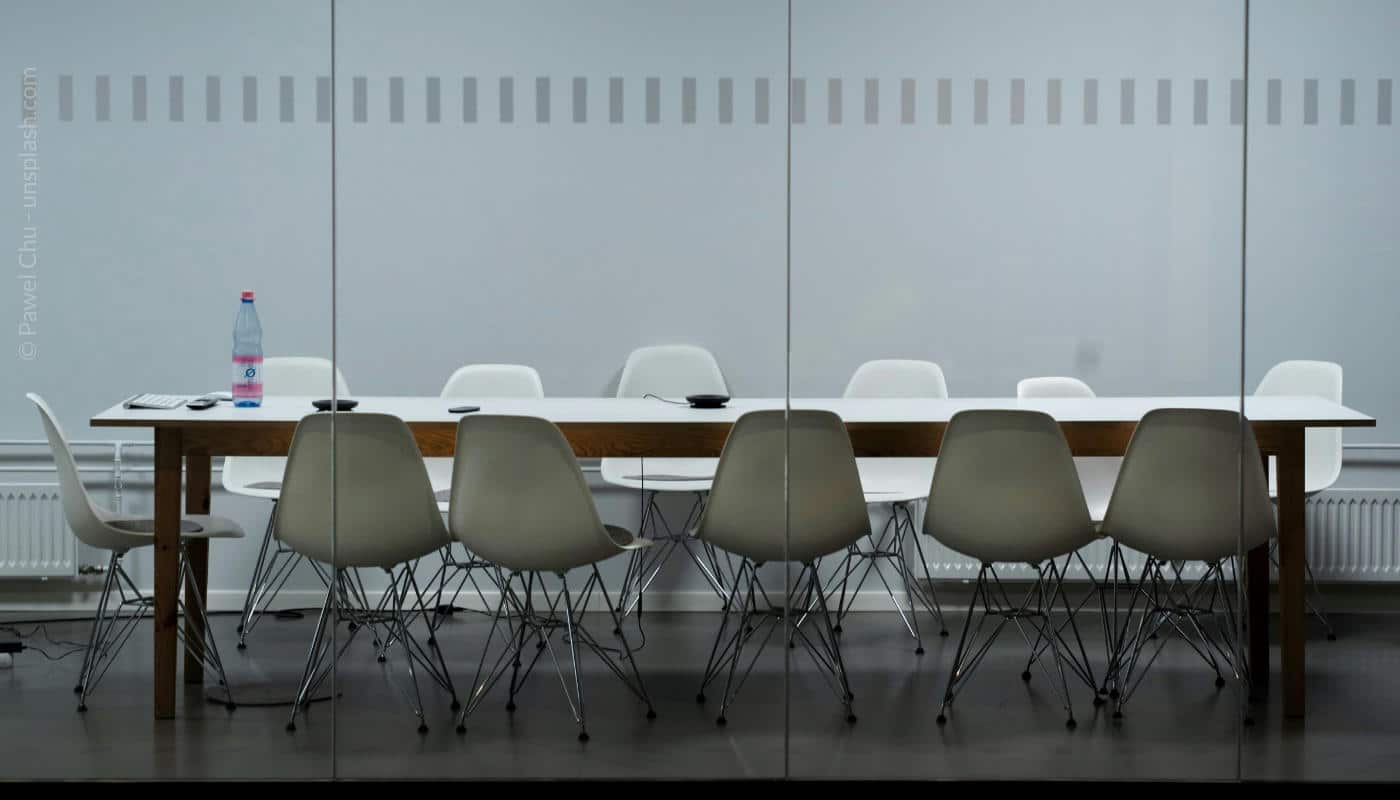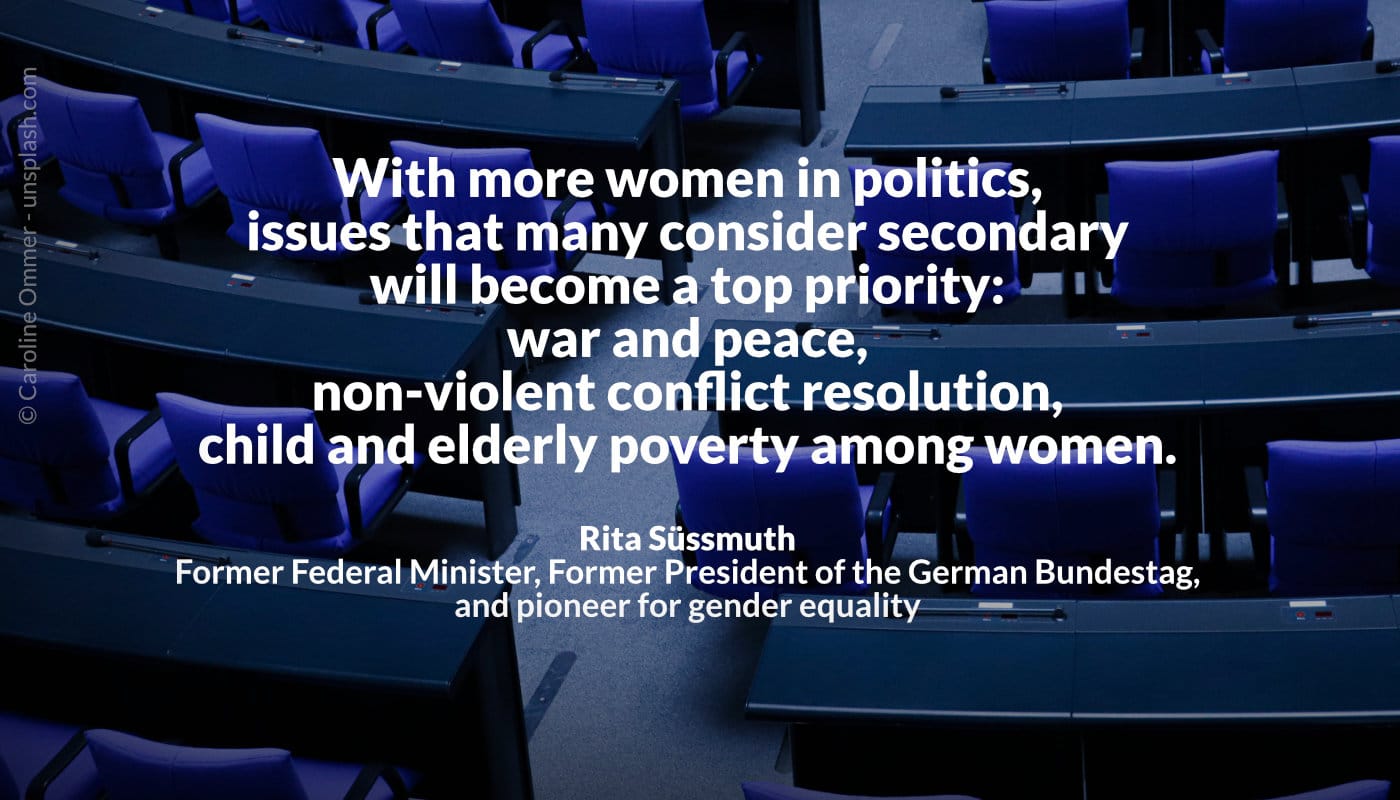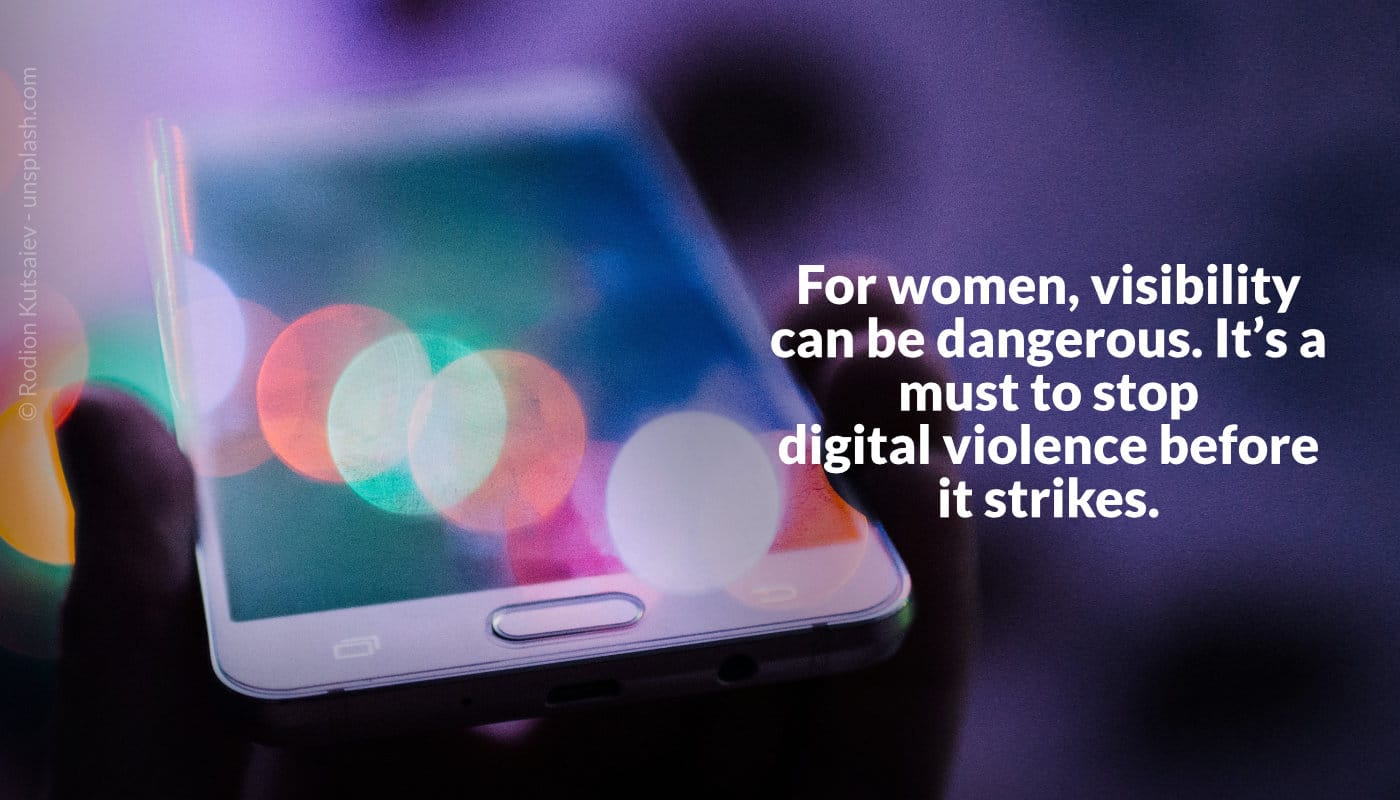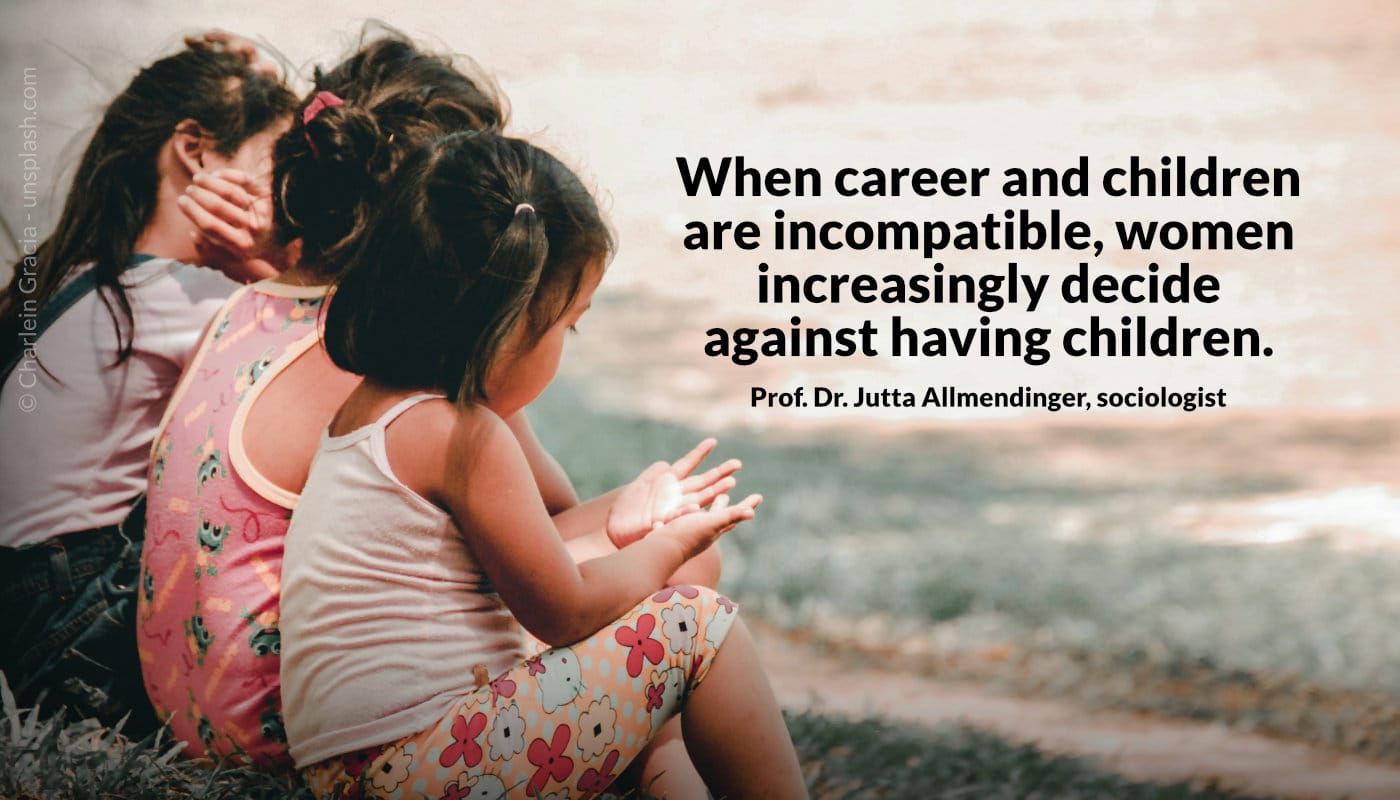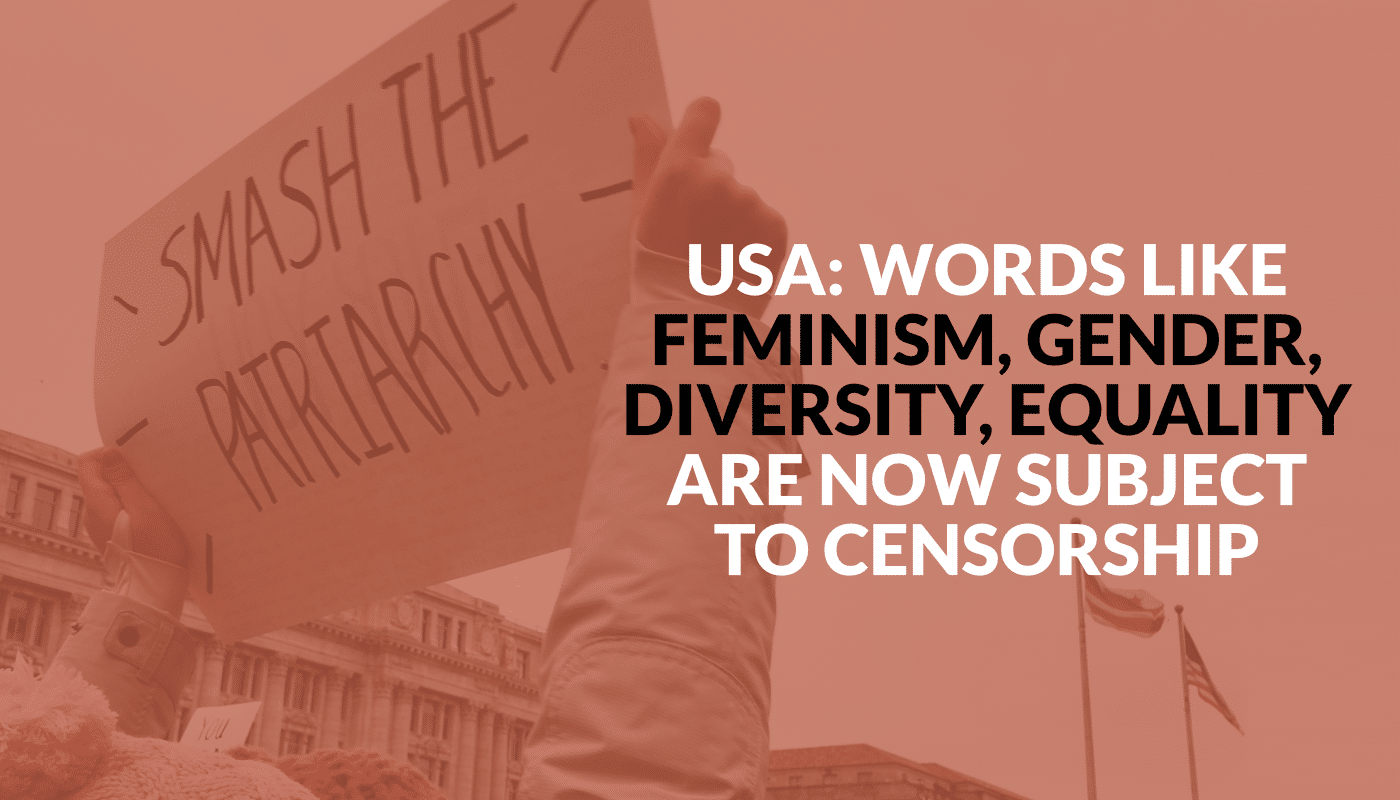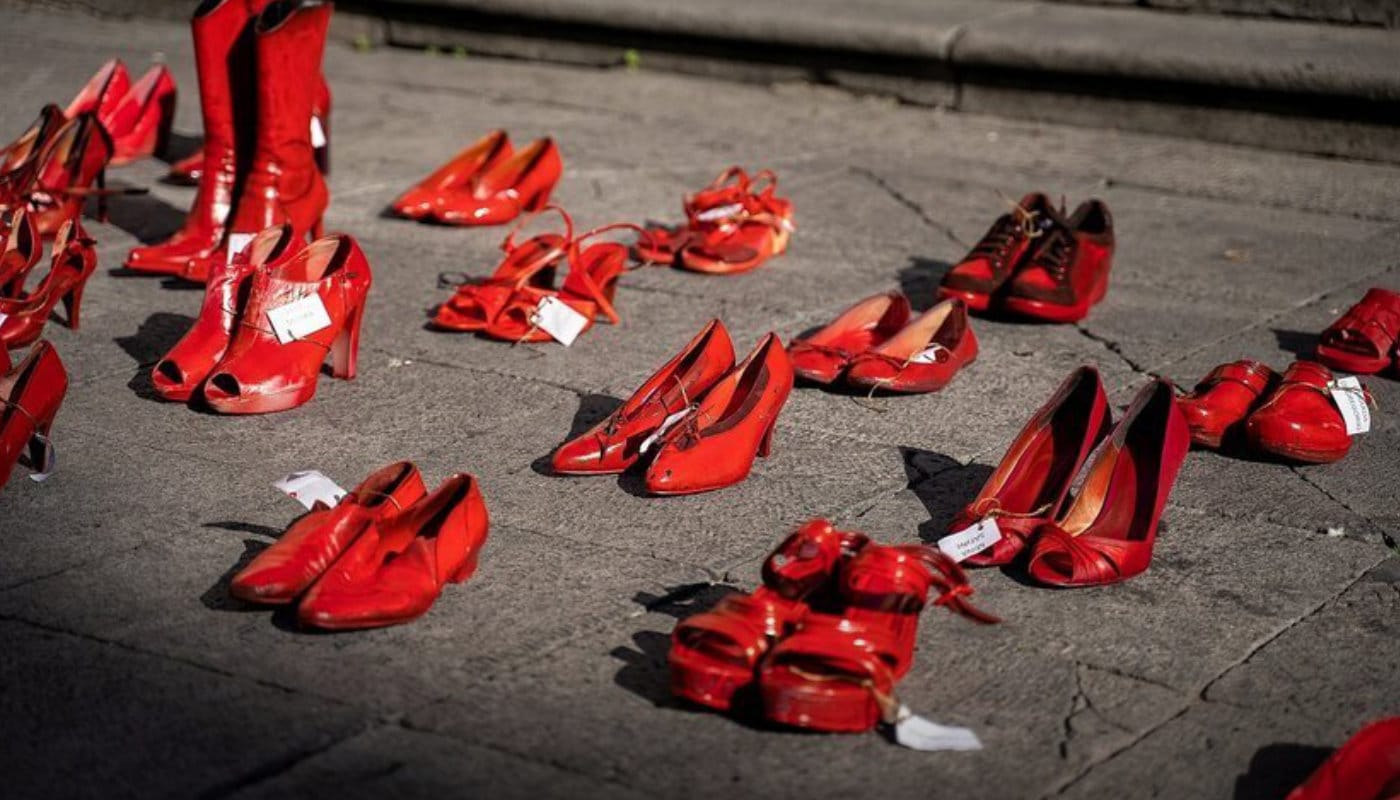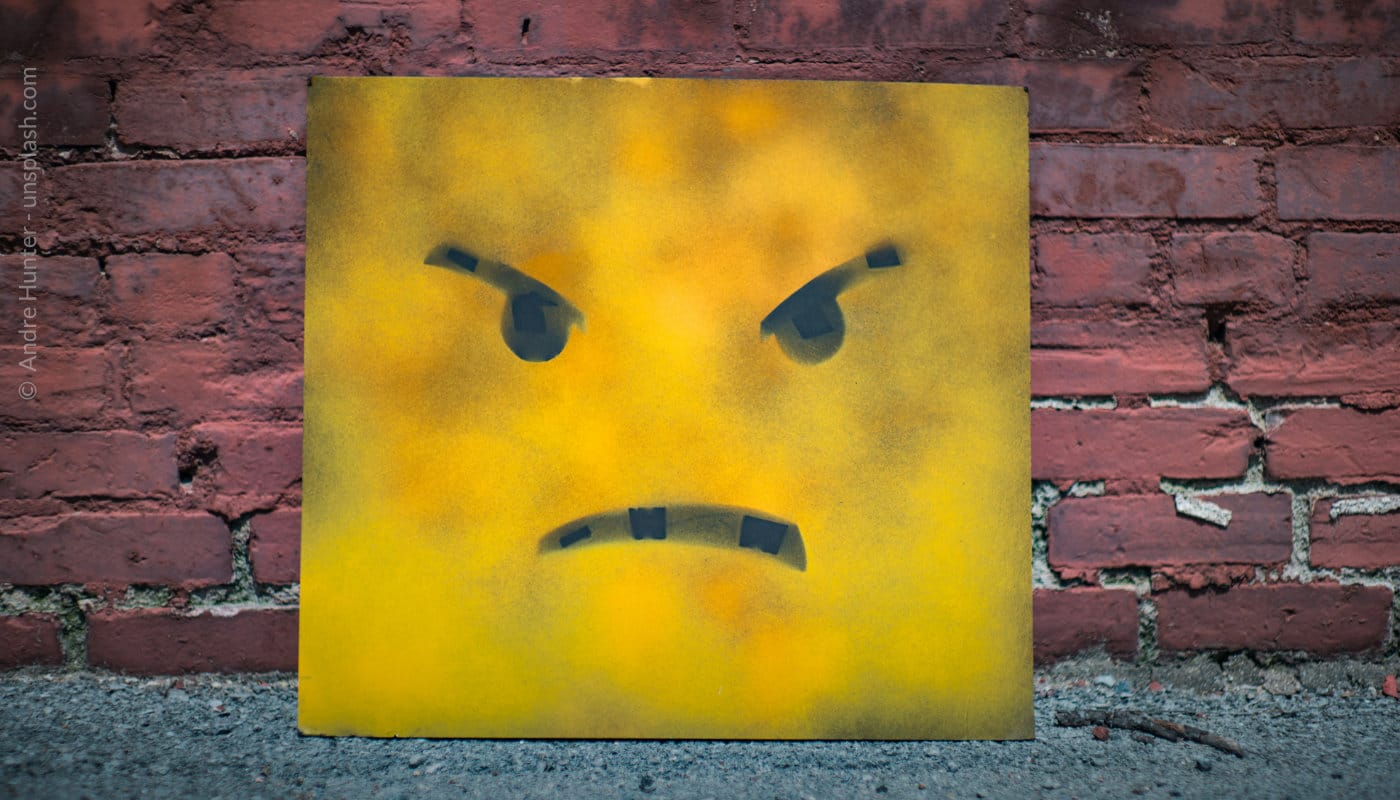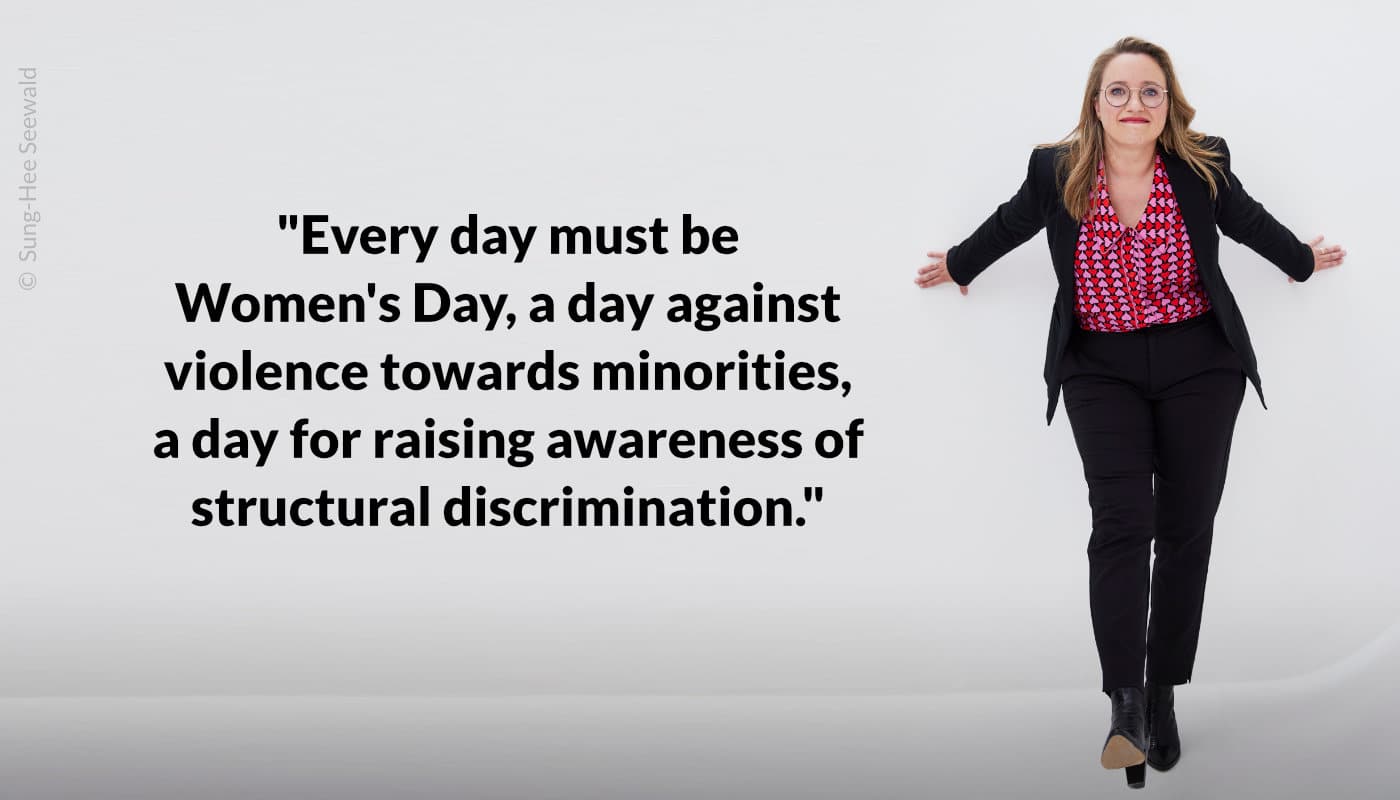Women @ Work 2024 – A Global Outlook
Now in its fourth year, Deloitte’s report examines workplace and societal factors that profoundly impact women’s careers. The survey included 5,000 women across 10 countries.
Key Findings:
Do these results align with your experiences?

Posted by Natascha Hoffner, Founder & CEO of herCAREER, WiWo columnist, LinkedIn TOP Voice 2020, W&V 2019 – 100 Köpfe
published on LinkedIn on 01.08.2024
